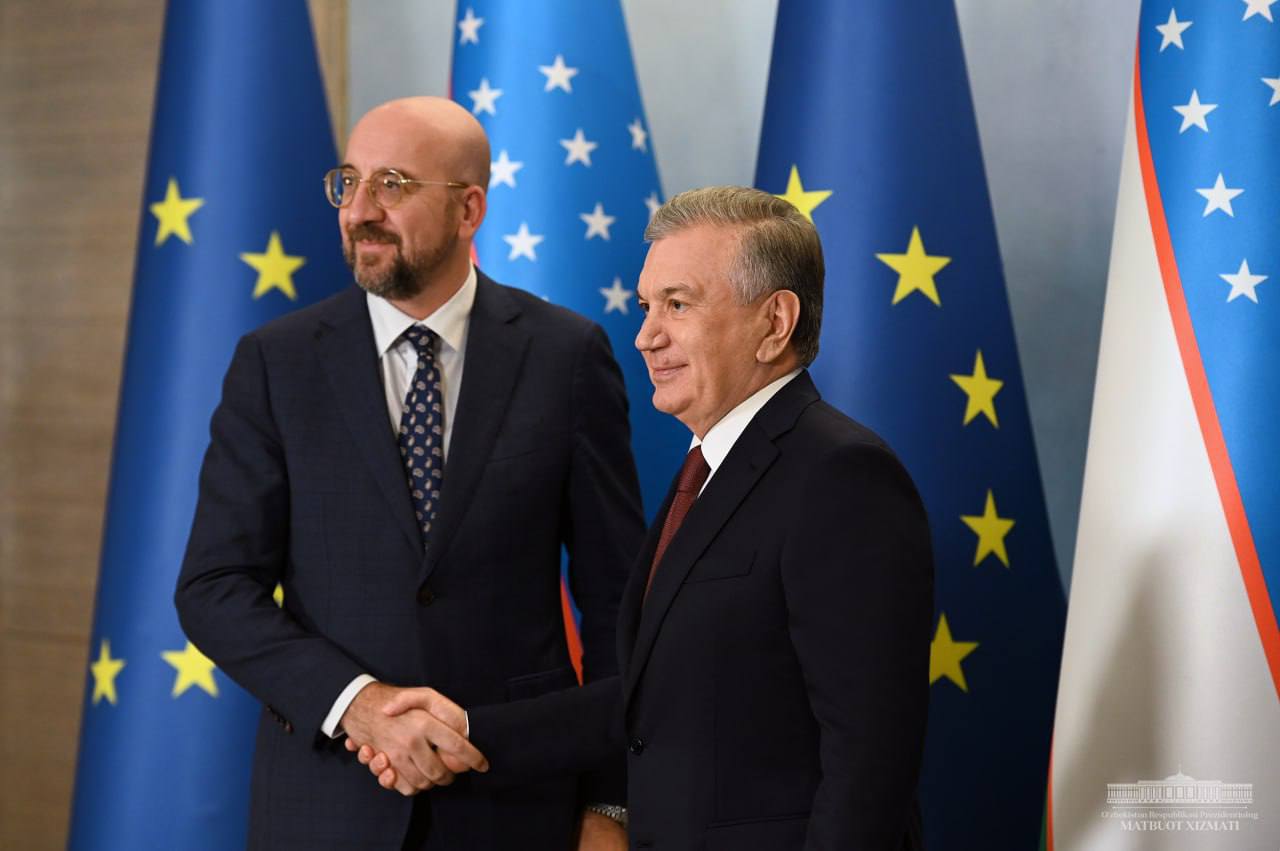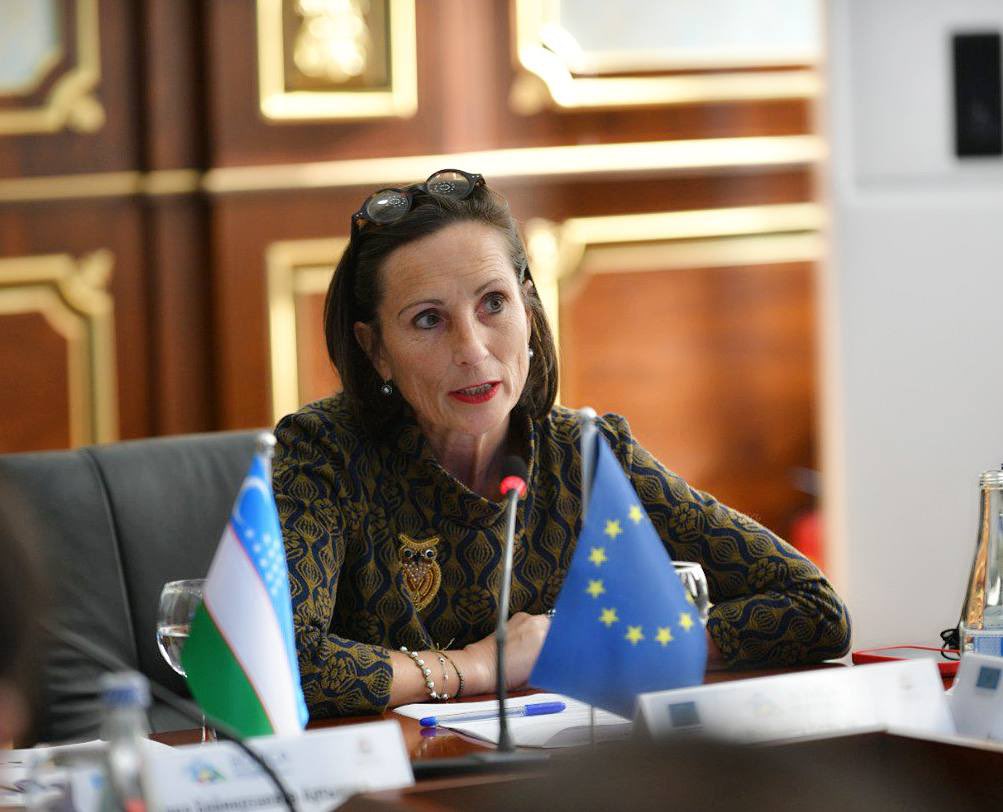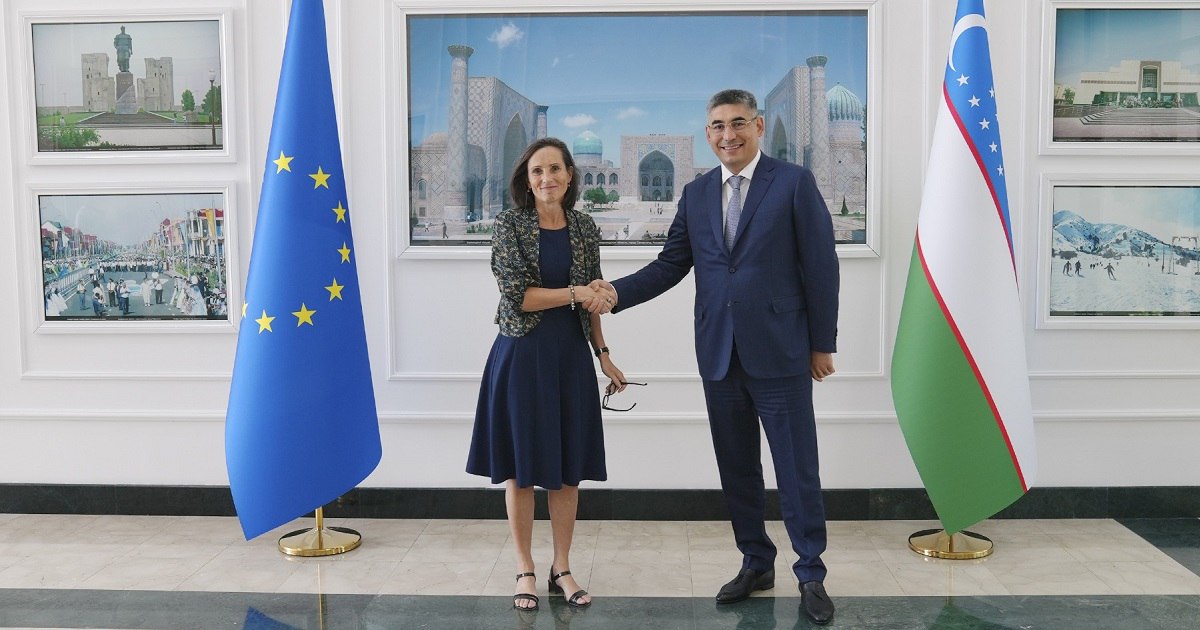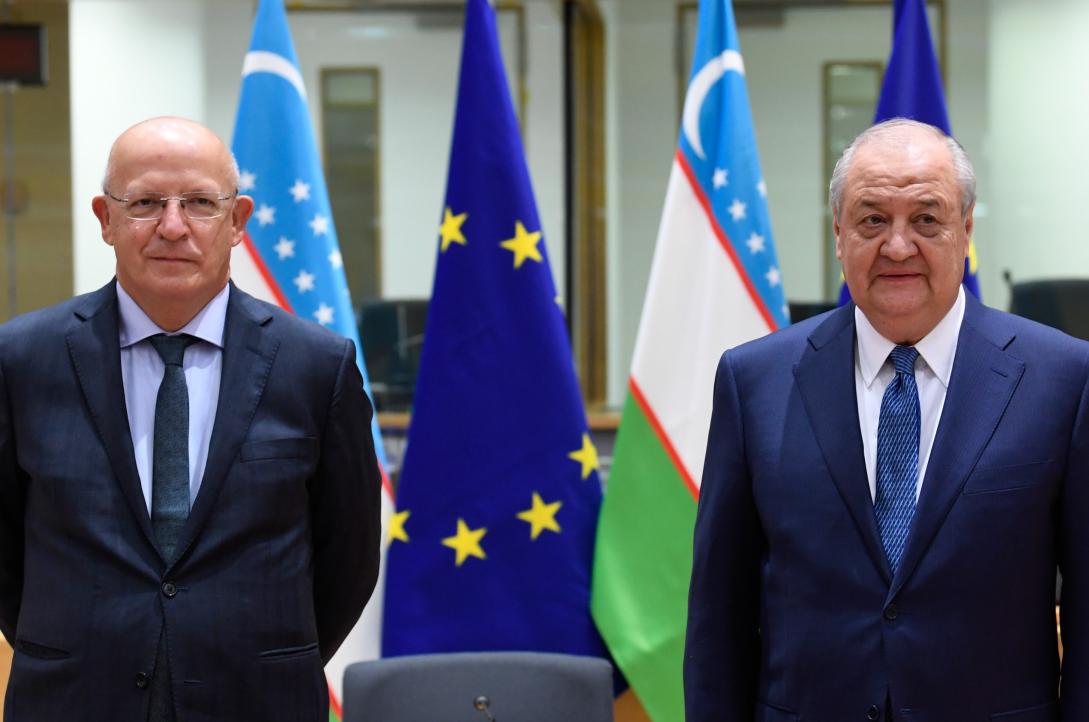The Ukrainian conflict has significantly impacted global dynamics, particularly altering the relationship between the European Union (EU) and Uzbekistan. This transformation in their interactions is particularly notable due to a shifting landscape in Uzbekistan, which has historically been influenced by Russia, The Diplomat writes.

Uzbekistan's historical ties to Russia can be traced back to the 19th century when it became part of the Russian Empire. Even after gaining independence from the Soviet Union, Russian influence remained strong, partly due to economic ties and the Russian diaspora in Uzbekistan. However, recent years have seen a shift in perspective, particularly accelerated by the Ukrainian conflict. This shift reflects a growing awareness of Uzbek national identity, challenging Russia's ideological dominance.
There are compelling reasons for Uzbekistan to reduce Russian ideological influence. Russian ideology often conflicts with Uzbek culture and values, given Russia's secular orientation compared to Uzbekistan's traditional Muslim identity. Additionally, Russian ideology can be used to justify intervention in Uzbekistan's internal affairs, such as preserving the dominance of the Russian language.

The Ukraine-Russia conflict has played a pivotal role in elevating Uzbek-EU relations. Uzbekistan has taken measures to align with international sanctions against Russian aggression, emphasizing its support for Ukraine's territorial integrity. Notably, the Central Bank of Uzbekistan suspended the Russian payment system MIR within its borders in September 2022, aligning with anti-Russian sanctions. EU officials commended Uzbekistan's stance and expressed a commitment to strengthen bilateral relations.
EU-Uzbekistan trade relations have also seen growth, with Uzbekistan joining the EU's GSP+ system in 2021, lifting tariffs on key exports. Trade turnover increased by 15% in 2022, reaching $4.5bn, coinciding with the Ukraine conflict.

President Shavkat Mirziyoyev's visits to European countries, including France, Germany, and Italy, have further improved relations and facilitated business partnerships. High-level meetings between Mirziyoyev and EU leaders have emphasized regional cooperation, sustainable transport corridors, and customs procedure harmonization.
One significant outcome of these diplomatic efforts is the Enhanced Partnership and Cooperation Agreement (EPCA), scheduled for formal signing in 2024 during Mirziyoyev's visit to Brussels. This agreement encompasses political, economic, and security cooperation, strengthening EU-Uzbekistan ties.

The Ukraine-Russia conflict has acted as a catalyst for deeper collaboration between the EU and Uzbekistan, offering an alternative avenue for regional cooperation while reducing dependence on Russian engagement. This evolving relationship holds the potential to shape not only Uzbekistan's transformation but also Central Asia's integration.
Follow Daryo's official Instagram and Twitter pages to keep current on world news.
Comments (0)